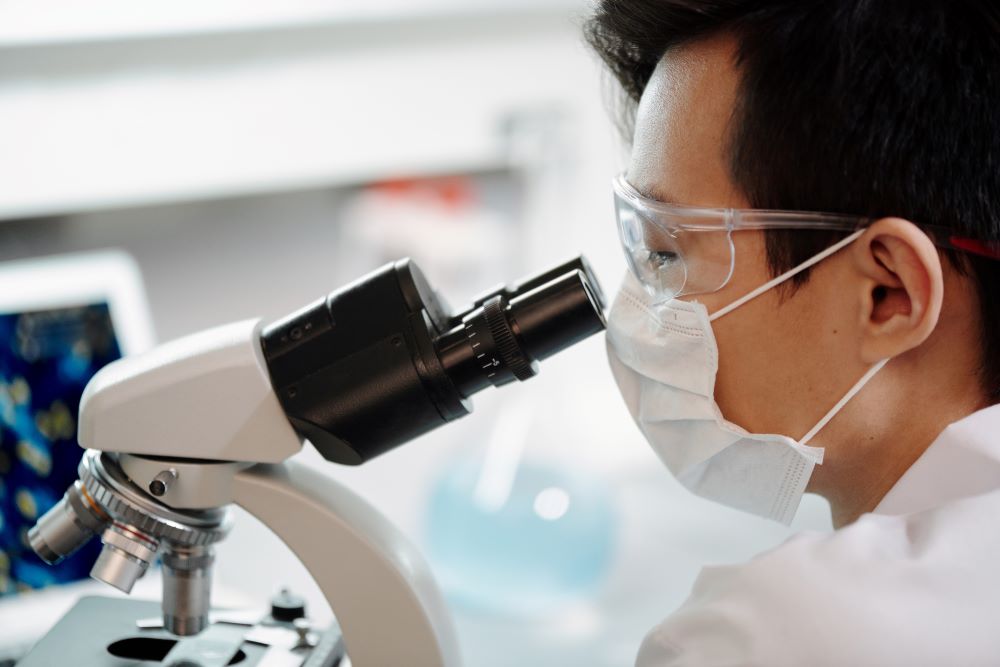Artificial intelligence helped scientists identify an effective antibiotic.
To say that artificial intelligence has been a big topic of conversation recently would be a major understatement. AI seems to be everywhere, as the technology continues to advance and people continue to find more and more ways to put it to use. Recently, researchers put AI to work in an effort to find an antibiotic that could combat a deadly superbug, and the results were impressive.
As many people know, the antibiotics on the market today have become less and less effective, as various bacteria continue to develop resistance to the drugs available and they offer diminished results. In fact, it is estimated that more than a million people die annually because of an infection that was resistant to antibiotic treatment.
The goal of this project was to target a bacteria called Acinetobacter baumannii, which has been identified as a superbug by the Worth Health Organization (WHO). Specifically, an issue in many healthcare facilities, this bug can cause an infection and potentially fatal complications. Existing antibiotics tend to fail in treating this bug, and the challenge of finding a new way to attack it has proved to be a significant undertaking.

What artificial intelligence was able to bring to this process was a speed that would be impossible to replicate with human researchers. Once the AI had been properly trained through a manual process, the intelligence that was gained through the training was then used to review a list of possible compounds that could be used in a new antibiotic. With what the AI had learned about the superbug and how it responds to various drugs, it could parse a massive list of chemicals – more than 6,000 – and quickly narrow it down to strong contenders.
When the AI process was completed, it provided researchers with a list of fewer than 250 candidates. Given that more manageable list, the researchers were then able to test the options and zoom in on a single antibiotic that might be a winner.
The story here isn’t that AI single-handedly solved the problem of this superbug, but it does play an important role. Since it can work so quickly, it was able to fast-track the process of finding good candidates that could be tested carefully by human researchers. It’s impossible to say exactly how much time was saved through the use of AI, but it was significant. From here, the humans working on this project will need to go through the various testing and clinical trials required to get a drug through the regulatory process and onto the market where it can help patients.
It’s hard to imagine a version of the future in which AI doesn’t play a prominent role. With such vast potential and so many people working on finding ways to leverage what it can do our future world is sure to be shaped in large part by artificial intelligence. From developing new drugs to streamlining menial tasks and far beyond, it will be fascinating to see where AI leads society in the years ahead.
Sources:
New superbug-killing antibiotic discovered using AI
Artificial Intelligence and Machine Learning (AI/ML) for Drug Development


Join the conversation!